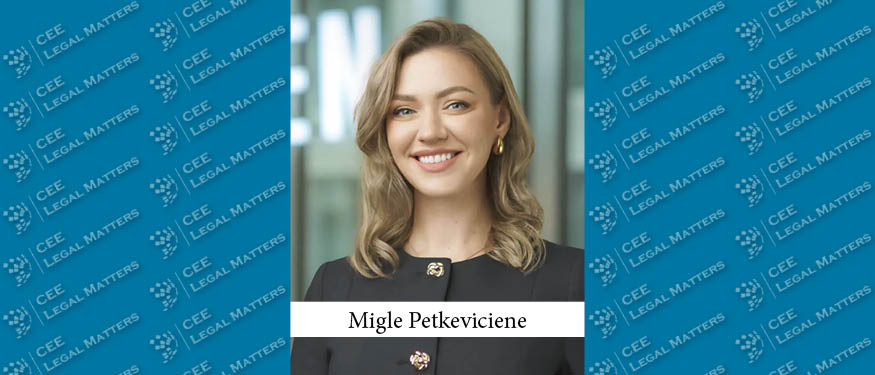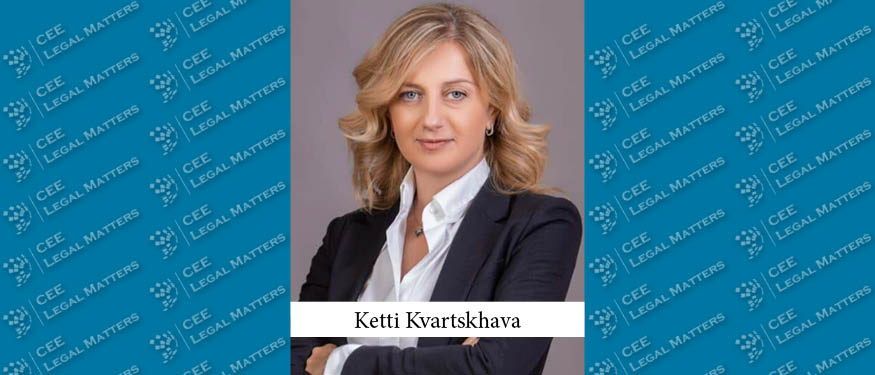Over the past years, the legislation dealing with workplace harassment has significantly expanded, with new rules and obligations continuously being added, especially for employers. Anti-discrimination laws, equal opportunity frameworks, and harassment prevention policies have all been gradually enforced, shaping an extensive legal landscape meant to protect employees from abusive behaviors.
Latvia: Termination of Employment Relationships for a Labor Union Member – Current Regulation, Planned Amendments, and Case Law
In Latvia, the termination of employment relationships for labor union members is specifically regulated to protect their rights. However, in practice, this regulation creates significant challenges for employers, as labor unions almost always refuse to grant consent for dismissal.
Serbia: The Right of Employees to Compensation for Commuting Costs in Light of New Challenges
The year 2025 began with a development that raised important questions regarding the interpretation of the Serbian Labor Law, specifically concerning employees’ right to compensation for commuting costs.
Ukraine: Top 5 Practical Problems of Transfer of Undertaking Rules
It has been almost a year since Ukraine introduced rules regarding the protection of employees in the case of a transfer of a business entity to its Labor Code in accordance with Law No. 3677-IX (Rules). The Rules entered into force on May 15, 2024, and aimed at approximating national legislation to the Transfers of Undertakings Directive 2001/23/EC of March 12, 2001. Even though local businesses continue testing this new legislation in practice, the area still remains terra incognita for many practitioners. Now that some time has passed, it is possible to summarize the major practical imperfections of the Rules.
North Macedonia: Outsourcing – Employment Issues
Outsourcing involves a transfer by a business (customer) to a third party (supplier) of the operational responsibility for the provision of a distinct business function, process, or service. Given the inherent transfer of responsibility, many outsourcing arrangements involve a transfer to the supplier of those employees who were engaged by the customer in the activity that is being outsourced. Macedonian law does not specifically regulate outsourcing transactions. Nonetheless, the Macedonian Law on Labor Relations 2005 (Labor Law) is harmonized with the EU Transfer of Undertakings Protection of Employment Directive 2001/23/EC of 12 March 2001 (TUPE) and, therefore, applies to the transfer of employees both on the initial outsourcing and on any subsequent or second-generation outsourcing.
Amendments to Labor Relations Regulation During Martial Law: Key Points To Note
On 14 June 2025, amendments to the Law of Ukraine “On the Organisation of Labour Relations under Martial Law” came into effect. Please note that the provisions of this law apply during the period of martial law.
Extension of Time Limits for Giving Notice and Immediate Termination by an Employer
The so-called “flexinovela” amendment of the Labour Code (CZ) effective from 1 June 2025 brings a number of fundamental changes, especially in terminating employment. For employers intending to issue a notice to an employee for breach of duty or to terminate employment immediately, the statutory time limits for doing so have been extended. This amendment addresses the practical needs of employers who have previously struggled to thoroughly investigate cases within the existing time frames. In this post, we will take a closer look at these revised time limits for issuing notices and immediate terminations. Generally speaking - what kind of time limits do we have and why are they important



















